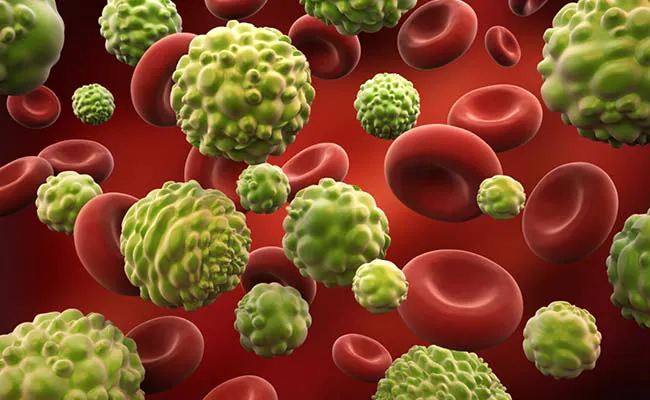Good health all comes down to what’s happening throughout your body on a cellular level. Your cells are incredible organisms that truly are the basic units of life. By making healthy choices and building better habits, you can maintain cell health that supports wellness and good quality of life.
Support
Your cells perform thousands of important functions, from defending your body against pathogens to producing energy for your body to use. Certain choices can help support the cellular respiration process to keep your systems running smoothly and working efficiently.
1. Eat a Nutrient-Dense Diet
Different cells have different jobs and, therefore, different nutritional needs. This is why eating a well-rounded diet is so important. A balance of healthy nutrients keeps your cells productive and robust.
Finding the right balance of protein, fats, carbohydrates, vitamins, and minerals can be tricky because people have different needs based on their age, stage of life, medical background, and more. A nutritionist can help you create a plan that suits your individual demands. At the end of the day, variety is one of the most important goals, especially when it comes to fruits and vegetables: try to keep your diet as colorful as possible.
2. Keep Your Body Hydrated
Water is considered an essential nutrient because your body cannot produce enough on its own to survive. The average adult needs to drink anywhere between two and three liters on a daily basis to stay properly hydrated. This helps transport nutrients and oxygen to your cells so they can continue to perform their jobs well.
Keep in mind that caffeinated beverages count against your daily water intake because they act as a diuretic, sending more water out of the body through urination. However, caffeine-free coffee and tea, as well as broth and milk, can all be hydrating beverages. Just be sure to limit your sugar, fat, and sodium intake when drinking. Water should be your most plentiful option.
3. Exercise on a Routine Basis
Efficient circulation supports cellular health because it helps ensure the prompt removal of wastes and a steady nutrient supply. One of the best ways to encourage healthy circulation is to exercise frequently. Your body needs to keep moving on a daily basis, but more rigorous workouts help support cardiovascular health and proper circulation. Experts recommend that you work out hard enough to safely elevate your heart rate at least 30 minutes a day, five days a week. Always consult a physician before starting a new exercise routine.
Protect
Certain substances, chemicals, and activities put unnecessary stress on your cells, compromising their health and productivity. These actions can help you better protect your cells from preventable damage.
4. Limit Your Exposure to UVA and UVB Rays
Sunlight plays an important role in mood balance and vitamin D production, but too much direct sunlight can be harmful to your body, especially your skin cells. Most dermatologists suggest that everyone wear daily sunscreen to protect their face, neck, and hands. On very sunny days, try to stay in shaded areas, limit your time in direct sunlight, and reapply sunscreen according to product recommendations.
5. Avoid Harmful Practices
Some habits can expose your cells to an influx of free radicals, which are unstable molecules that can damage cells over time or in large amounts. Certain practices can expose your body to a higher number of free radicals, including:
- Eating fried, processed, or junk foods
- Directly exposing yourself to chemicals, such as caustic cleaning agents, air pollution, or pesticides
- Smoking
- Drinking alcohol
Take steps to limit or avoid these practices altogether. Eat a more natural diet with foods prepared in nutritious ways. Wear the proper protective equipment when you are around or working with dangerous chemicals. Do not smoke. If you drink, save alcohol consumption for special occasions.
Supporting and protecting your cells is one of the most effective ways to maintain good health. Everyday choices can make all the difference.




































